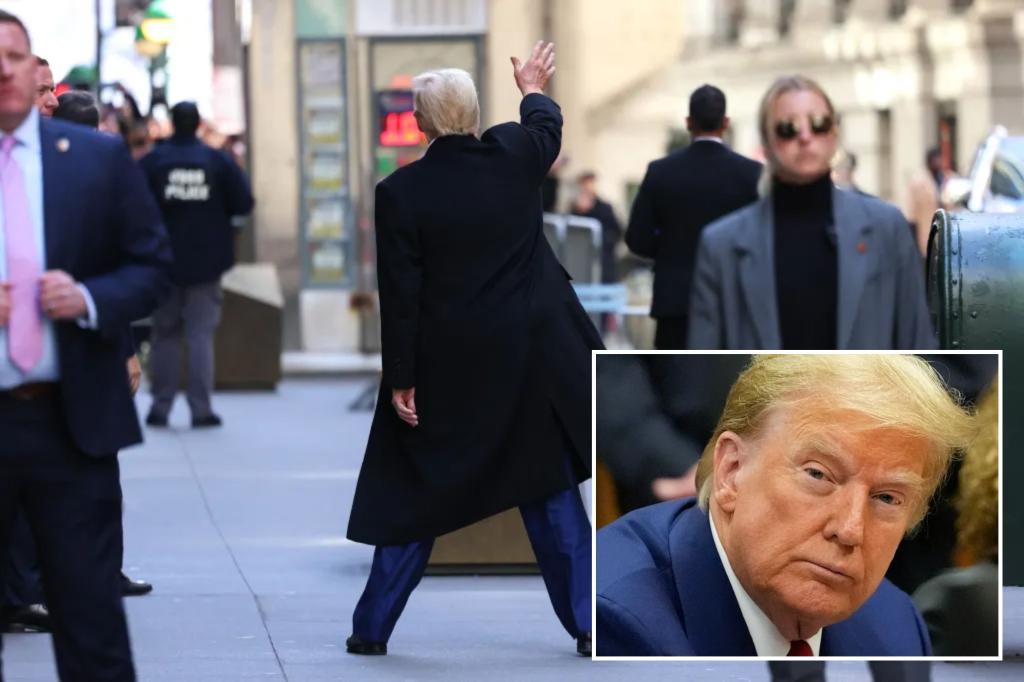Donald Trump’s first-ever criminal trial is set to begin in a New York City courtroom, where he is accused of falsifying business records to cover up a hush money payment to porn star Stormy Daniels. Despite Trump’s claims that he cannot receive a fair trial in Democrat-leaning Manhattan, jury selection is underway. The court is looking to select 12 jurors and six alternates from a pool of potential candidates in a borough of 1.6 million people. The process is expected to be lengthy, with attorneys having the opportunity to reject jurors for various reasons, but not based on political party affiliation.
Both sides have agreed not to remove potential jurors based on their political party, race, gender, religion, or national origin. Jurors will be asked a series of questions to determine if they have any biases that would prevent them from being fair and impartial in the case. While direct questions about political party affiliation are not permitted, the information may be discerned from other responses. Prospective panelists’ names will be kept anonymous, but lawyers and consultants will have access to this information to ensure that jurors do not have any hidden biases that could impact the trial.
It is crucial to select unbiased jurors for Trump’s trial, as a single holdout could sway the verdict in either direction. Trump faces 34 felony counts of falsifying business records for allegedly misleading his company documents regarding the payment to Stormy Daniels. Each count carries a potential prison sentence of up to four years, though it remains uncertain whether prosecutors will seek jail time if Trump is convicted. Given the upcoming election, it is unclear if the case could be retried if a hung jury occurs.
The selection process aims to find jurors acceptable to both sides, even if they are not favored by either. The goal is to eliminate the most biased individuals during the vetting process to ensure a fair and impartial jury. With the trial being one of the most closely watched in US history, legal experts anticipate a rigorous selection process to avoid any potential biases that could influence the outcome. Trump has maintained his innocence and denied the charges against him, setting the stage for a high-stakes trial that could have significant implications for his future. The trial is expected to be closely monitored by the media and the public, with both sides meticulously analyzing potential jurors to secure a fair trial.


